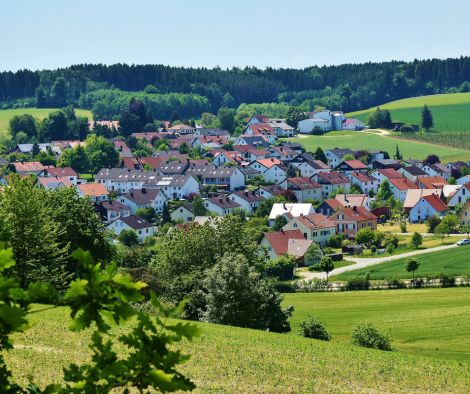If you are submitting comments on a planning application, check the details below that set out what we can take into account and what we can't.
We consider:
- local, strategic, regional and national planning polices and any previous planning decisions
- whether the proposed use is a suitable one for the area, taking into account noise, smell, disturbance resulting from the use
- design, appearance, materials, layout and density of buildings
- significant overshadowing, overlooking or loss of privacy
- highway safety, parking, access and traffic generation
- visual effect on the landscape, nature conservation, loss of trees or hedgerows
- effect on a conservation area or any historic buildings and local archaeology
- size and location of proposed advert signs
We don't consider:
- perceived loss of property value
- private disputes between neighbours
- loss of a view
- impact of construction work
- commercial competition
- private disputes over rights of way or rights to light and boundaries
- restrictive covenants
- matters that are controlled under other legislation
Core strategy
Tonbridge and Malling Borough Council adopted the Core Strategy on 25 September 2007. This set out the objectives and aims which determined the pattern of development up to 2021. Although now time expired, it continues to form part of the adopted development plan.
We have a statutory duty to determine all planning applications under the adopted development plan [Note 1] unless material considerations show otherwise [Note 2]. Whilst the Core Strategy may be time expired not all policies contained within it out of date.
The core strategy policies document (PDF - 151kb) sets out our position of the weight of each policy. This is based on relative conformity with the National Planning Policy Framework 2021. The policies will be applied in all circumstances unless any new material considerations arise which alter the position.
To understand what this might mean for your development proposals, contact us for pre-application advice.
Affordable housing provision
In order to address the need for detailed guidance and to seek efficiencies in processing of applications, an affordable housing protocol has been produced. Find out more about affordable housing provision.
Biodiversity Net Gain (BNG)
From 12 February 2024 new mandatory planning requirements are being introduced that will affect new applications for major developments, and from 2 April 2024 this will also apply to most other development in England. Find out more about BNG.
Notes
[Note 1] The Core Strategy forms a part of the adopted development plan
[Note 2] (s38(6), Planning and Compulsory Purchase Act 2004)
Contact the planning applications team
Phone lines are open: 9am - 5pm Monday to Thursday and 9am - 4:30pm Friday


